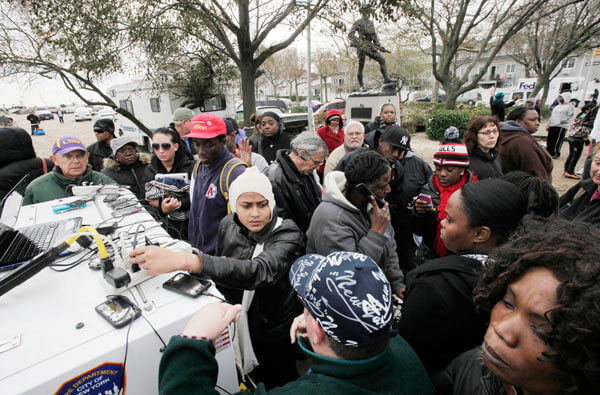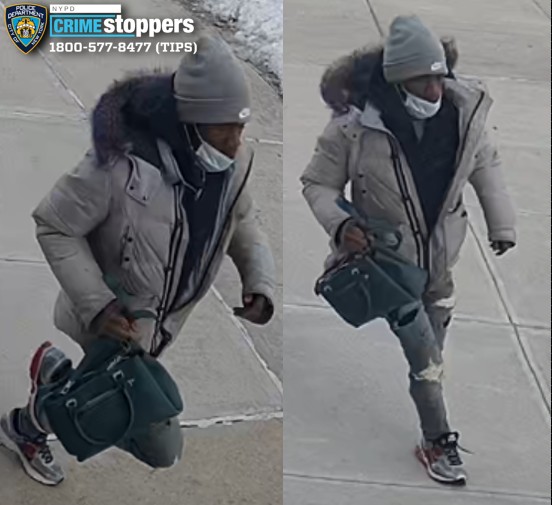By Bianca Fortis
The Rockaway community is still reeling from the devastation caused by Hurricane Sandy in October.
A set of bills aimed at improving the city’s emergency preparedness plan just passed the City Council as Rockaway residents are focusing on what to do next rather than what went wrong.
According to Jonathan Gaska, district manager of Community Board 14, dwelling on what happened after the last storm is not as important as implementing protections for the future.
“Most people are back in their homes,” he said. “They have electric, heat and they’re moving on with their lives and the cost of renovating.”
If signed by Mayor Michael Bloomberg, the new legislation, the result of 12 post-storm oversight hearings, will require the city Office of Emergency Management to develop plans for several key areas: food and water access, emergency shelter preparations, shelter preparations for those with special medical needs, outreach to elderly and vulnerable populations, traffic and fuel management and small business and nonprofit recovery.
One of the bills requires OEM to provide the Council with copies of all the plans it has developed and to regularly assess those plans.
“Sandy was an unprecedented storm — unlike any we’ve ever seen — but we only get to say that once,” Council Speaker Christine Quinn (D-Manhattan) said. “It is imperative that we’re better prepared for future storms in order to keep New Yorkers safe and to protect our infrastructure. This legislation addresses key issues that are vital to protecting New Yorkers in all five boroughs so that the city is as prepared as possible for the next Hurricane Sandy.”
Gaska said the city was initially slow in responding to the storm. He said volunteers from around the country arrived sooner and were, at first, more organized.
“It took the city about three to five days to figure out what to do and how to do it,” he said. “There was a learning curve after the storm, which I guess is understandable. But it took awhile for the city to get organized. It took a lot longer than people thought it would.”
Gaska said there were a number of problems. The biggest, he said, were issues with communication — including dead cellphone batteries and no place to charge them — and fuel shortages. He said once work got underway, some city agencies were especially helpful, such as the city Sanitation Department.
He also said some of the city’s longterm programs, such as business grants, have been beneficial, but could be improved.
“The programs are wonderful but they’re about five months too late for a lot of people,” he said.
Gaska said OEM has been difficult to work with in the past, but he was still optimistic about the new legislation.
“It’s certainly going to help,” he said. “You can’t blame City Hall for all of the mess. I don’t think anyone anticipated the damage and intensity of the storm. The government will learn from the mistakes and be better prepared.”
Reach reporter Bianca Fortis by email at bfortis@cnglocal.com or by phone at 718-260-4546.



































